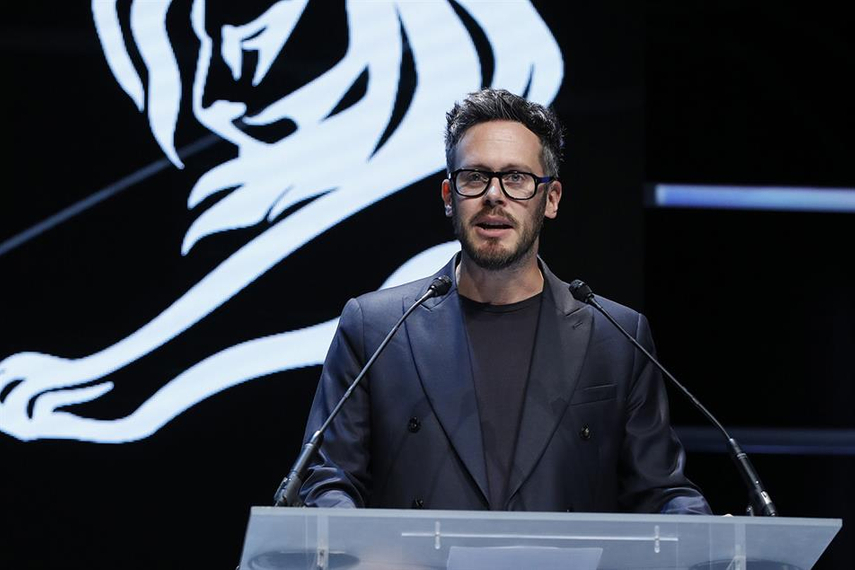
Please sign in or register
Existing users sign in here
Having trouble signing in?
Contact Customer Support at
[email protected]
or call+91 22 69489600
Sustainability and inclusion will be under scrutiny at festival

Contact Customer Support at
[email protected]
or call+91 22 69489600
Top news, insights and analysis every weekday
Sign up for Campaign Bulletins
Britannia’s new campaign links tiny everyday decisions to bigger behaviour change, using the actor and mindful snacking as the creative bridge.
In a world inundated with travel imagery, where every scroll reveals another sunset, skyline, or stamp-worthy escape, Yas Island, Abu Dhabi and Pickyourtrail manage to carve out a distinct space with Smash the Ordinary.
If the ad industry treats these reforms as a catalyst for transparency and legal soundness, the codes could be pivotal to reshaping the talent ecosystem.
It has partnered with CambrianEdge.ai, advancing its two-year shift into an AI-powered, pod-based agency model.